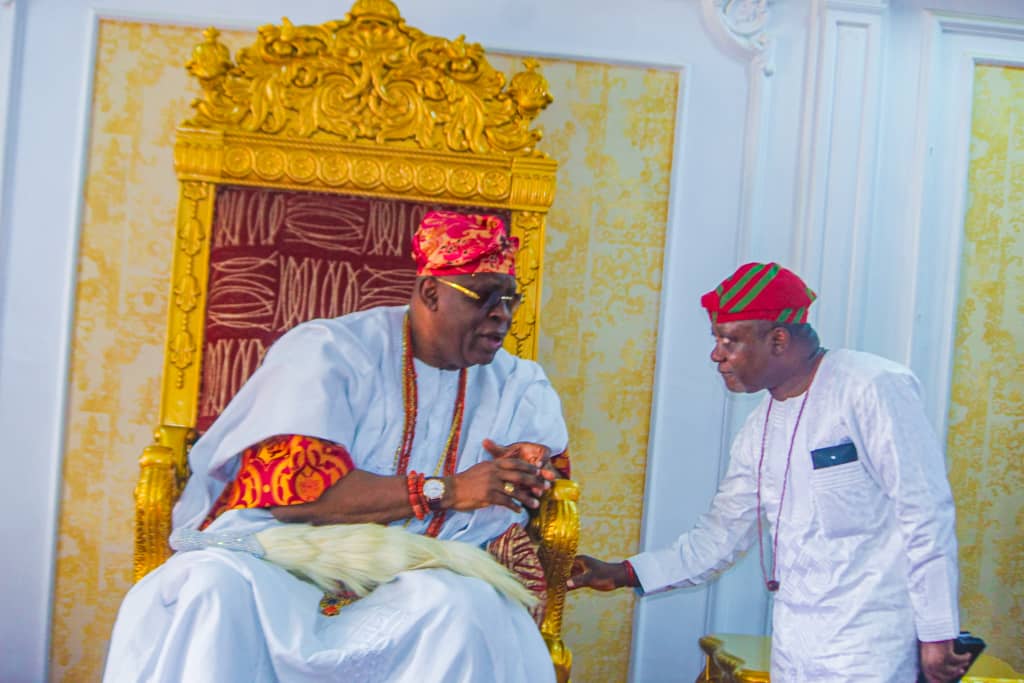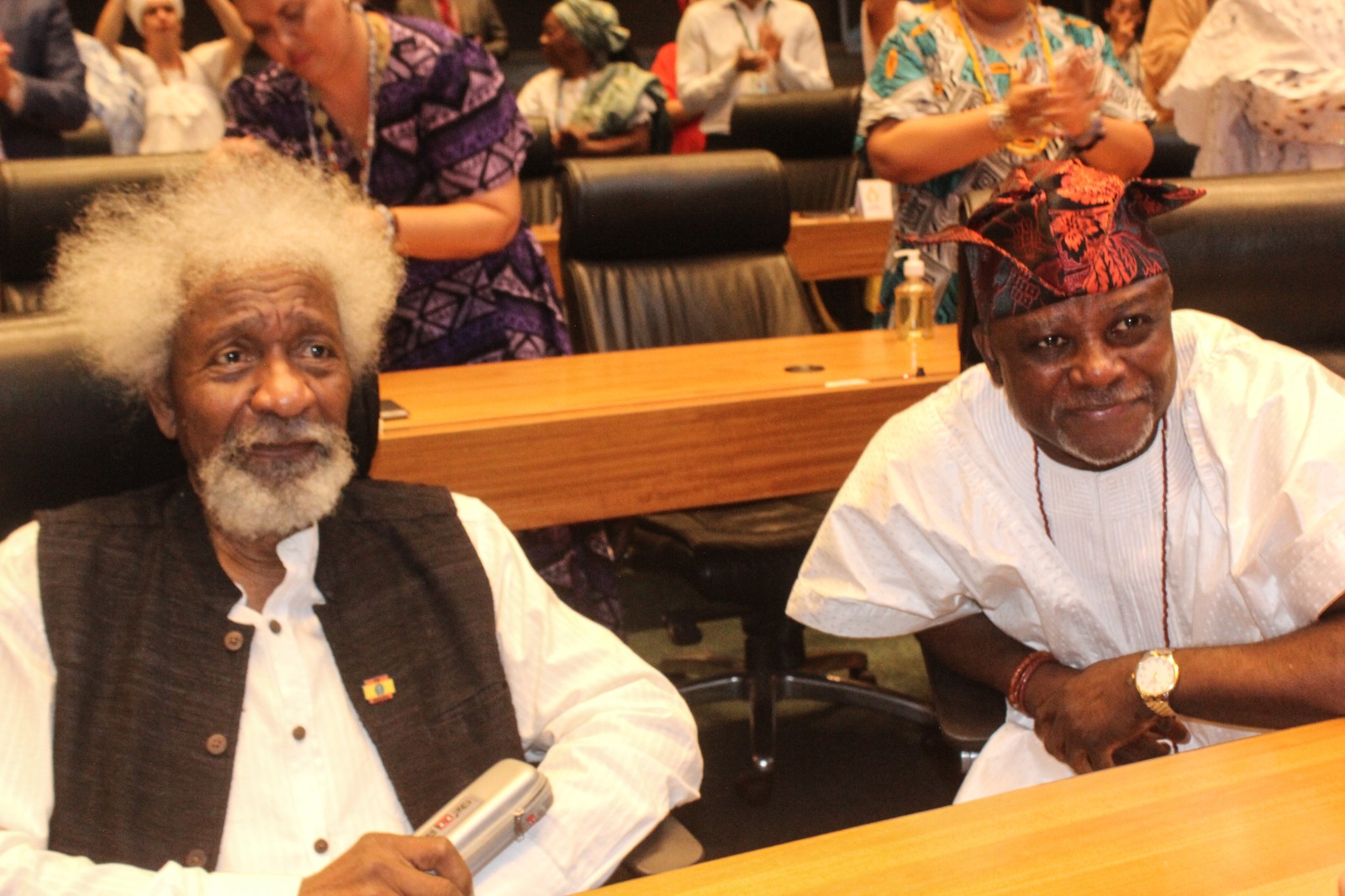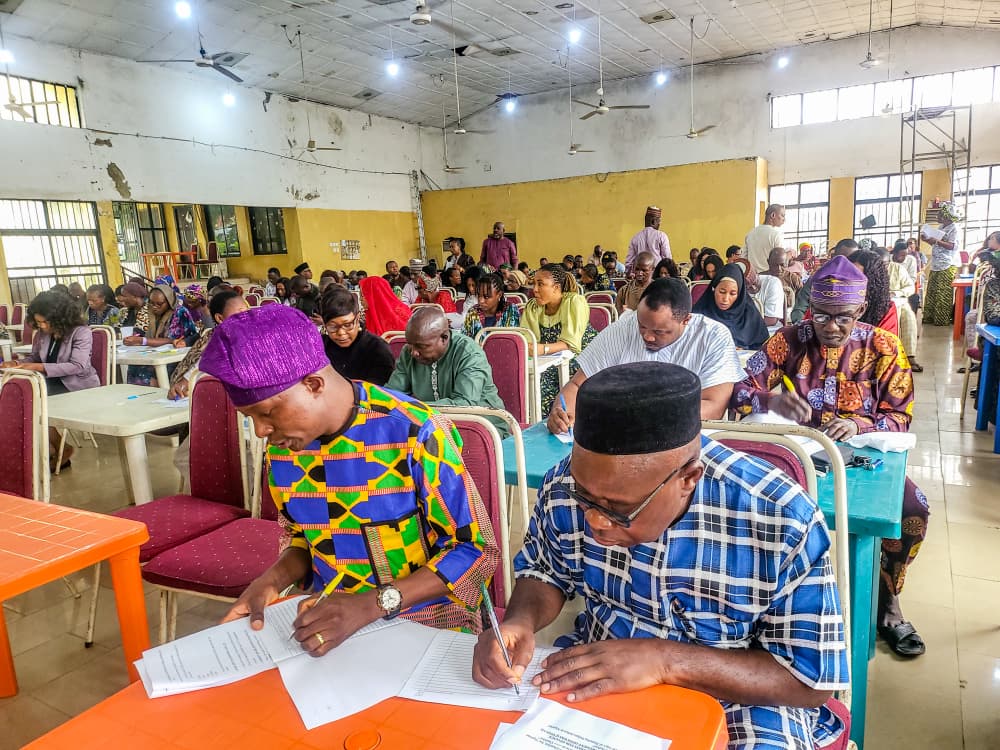 Nigerians have been told that the huge investments injected into the local government system which have not witnessed equitable developments at the grassroots, calls for pragmatic efforts towards rescuing the councils from the abyss of bad governance.
Nigerians have been told that the huge investments injected into the local government system which have not witnessed equitable developments at the grassroots, calls for pragmatic efforts towards rescuing the councils from the abyss of bad governance.
Mathias Efeovbokhan, a retired Army General, stated this on Monday, October 8, 2012, in a paper titled, “Good Governance in the Local Government System: A Panacea for Peace and Security,” which he presented at the Two-Day National Workshop on Culture in the Transformation Agenda, organized by the National Institute for Cultural Orientation (NICO), in collaboration with Leading Edge Academy (LEA), for Local Government Administrators in Abuja.
According to him, good governance and accelerated development at the grassroot, envisaged by the creation of local governments, have remained a mirage due to instability, insincerity, corruption and lack of visionary leadership in the country, saying, “The failure or inability to meet the aspiration of those, who conceptualized the local government system of administration, has been attributed to the prevailing instability in Nigeria, insincerity, corruption, lack of vision by leaders at the national, state and local levels, as well as the prevailing addiction or enslavement to scandalous levels of primitive acquisition of material wealth.”
Evaluating the performance of local governments in terms of governance, security and development, Gen. Efeovbokhan (rtd) maintained that the organization, structure and functions of the local governments can deliver good governance and accelerated development at the grassroots level and foster peace and security, if properly administered.
H e was of the opinion that with the current trend, where only about 33% out of the 774 local governments in the country have democratic structures, while about 67% of them are run by caretaker committees or sole administrators put in place by fiat Executive Governors, the desired good governance in the local governments in Nigeria cannot be achieved.
e was of the opinion that with the current trend, where only about 33% out of the 774 local governments in the country have democratic structures, while about 67% of them are run by caretaker committees or sole administrators put in place by fiat Executive Governors, the desired good governance in the local governments in Nigeria cannot be achieved.
Describing the development as a demonstration of the highest form of illegality, which negates in its entirety, the rule of law which is one of the principles of good governance, Efeovbokhan expressed doubt if the nation can achieve the Millennium Development Goals (MDG) Declaration in 2000 by Member States of the United Nations General Assembly, which outlined the key challenges facing humanity at the threshold of the new Millennium, response to the challenges, and established concrete measures for judging performance.
He, therefore, called for a Stakeholder’s Roundtable to brainstorm and evolve new strategies to reposition the local governments, based on identified requirements, which will be directed at mainstreaming good governance into their administration in Nigeria.
Caleb Nor
Corporate Affairs


